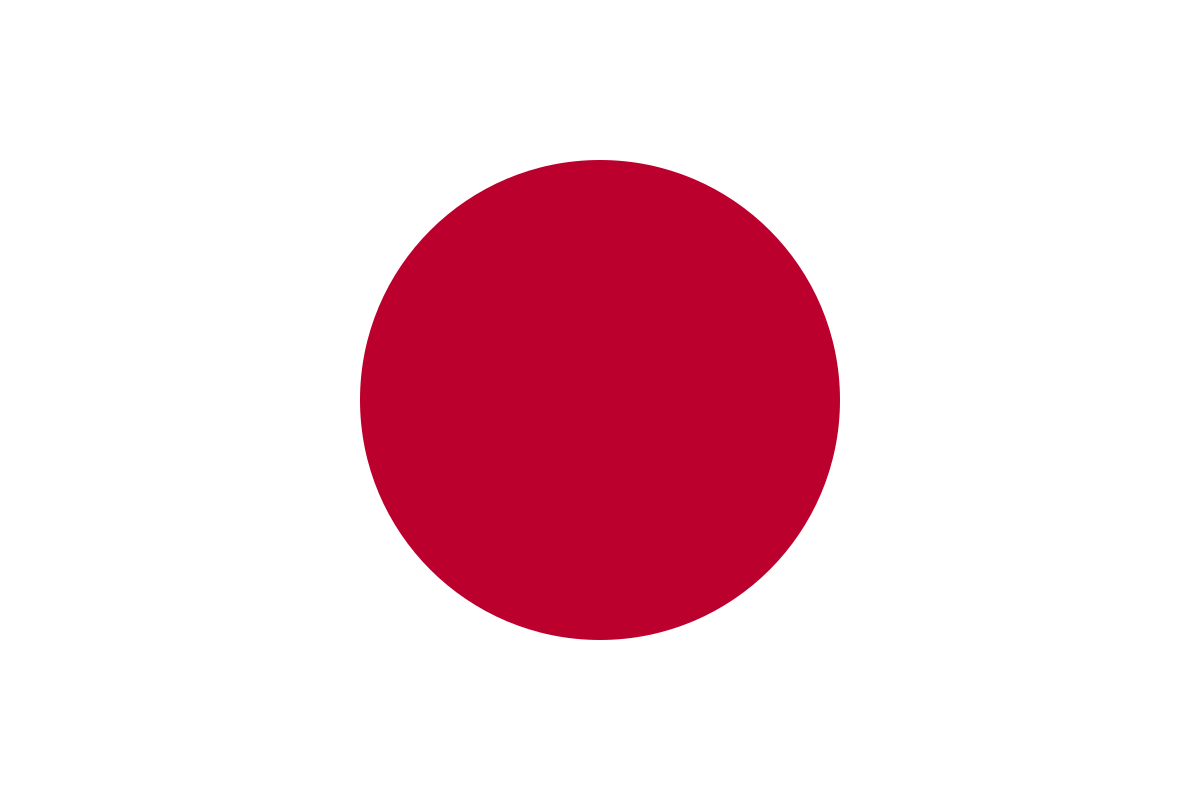How George’s sense of self is shaped and tested throughout the events of Executive order 9066.
Childhood vs. Adulthood
How George’s identity is seen throughout the novel, from childhood to Adulthood.
As a child, George is shielded from the full weight of their situation. His innocent confusion contrasts with the adult fear around him, showing how identity was not yet something he could fully grasp.
“I didn’t really understand what was happening... I only knew that my parents were worried.”
(Takei, et al 19)
(Takei, et al 19)

Looking back as an adult, George reflects on how deeply the internment affected his parents — and by extension, his identity as their child. This highlights the growth in his understanding of self and family. “Only now can I understand how much my parents must have suffered…”
(Takei, et al 189)
(Takei, et al 189)


